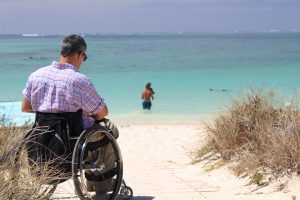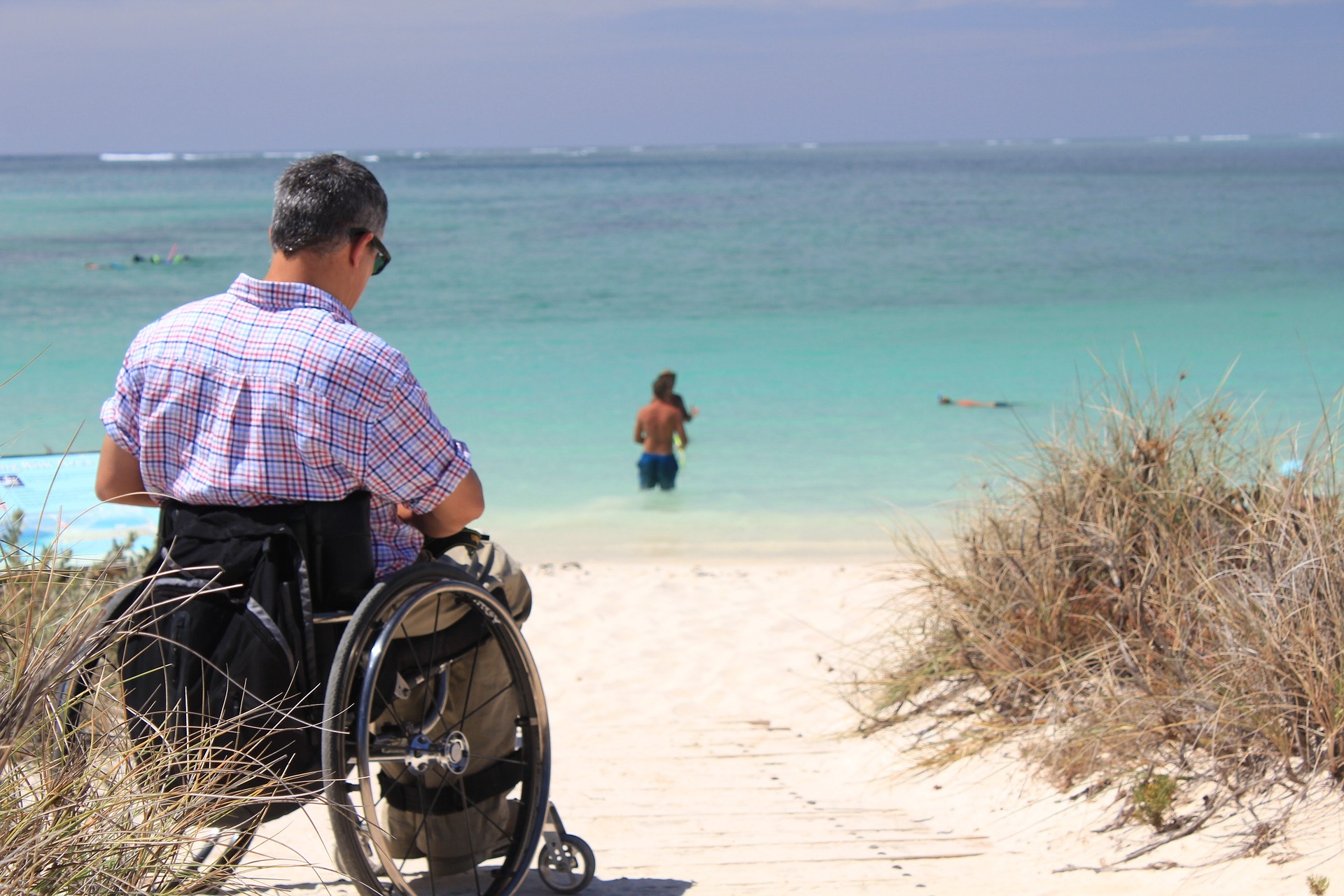How To Make Your Pontoon Accessible for Wheelchair Passengers
Before we start on the topic, I’d like to take a moment to thank you all for following, reading, commenting, and supporting Pontoon Helper. I’m sure it has been a wonderful ride (both on and off water) for all of us, with lots of wonderful memories and experiences to learn from.
The whole purpose of this blog was to make pontooning more enjoyable for everyone out there – including toddlers, kids, teenagers, elderly, and even pets. However, I recently realized that there is one thing I haven’t talked about yet – and that is hosting disabled or wheelchair passengers on your boat. So, this is how I choose to start out 2019 – with a few tips on how to make your boat more accommodating for those with disabilities.

First of all, pontoons are already pretty well optimized for wheelchair access, grace to the flat deck and (usually) large boarding gates. If you’re lucky, your boat might already be perfectly optimized for wheelchair access, and even if it’s not, you’re just a few tweaks away from it.
The most important thing for making your boat wheelchair accessible is having a wide enough boarding gate. The ADA accessibility standard calls for at least 32” of clear width to accommodate most wheelchair users. Pontoon gates usually come in sizes starting from 24” up to 34”, although some manufacturers are definitely able to make custom sized ones. I’d recommend going for a 32” if you’re buying a new boat, just to make sure the boat can be easily accessed by all passengers in the years to come.
Another aspect you need to look into is the ramp. The ramp usually has the same width as the boarding gate, and that’s usually the only thing you have to look out for when buying one for your pontoon. However, if we’re talking wheelchair boat ramps, you’ll have to consider the weight as well – luckily, there’s a bunch of pontoon ramps specifically designed for wheelchairs on Amazon, so you probably won’t have to do too much math on your own.
I can’t think of much more than that when it comes to making pontoons enjoyable for disabled passengers. Pontoon decks are usually large enough to allow a lot of movement, and there’s plenty of space to station a wheelchair safely and comfortably.
If you’re often sailing on rough/open waters and are worried about the wheelchair not being stable enough, you could consider getting a pair of wheelchair tie-downs. The prices tend to range from $10 to $600 something, and I would think twice about the wind intensity/boat speed before choosing an expensive set. The thing is that pontoons
This would be everything you need to consider to make sure that wheelchair passengers can have a great time on your pontoon as well. Feel free to add any

